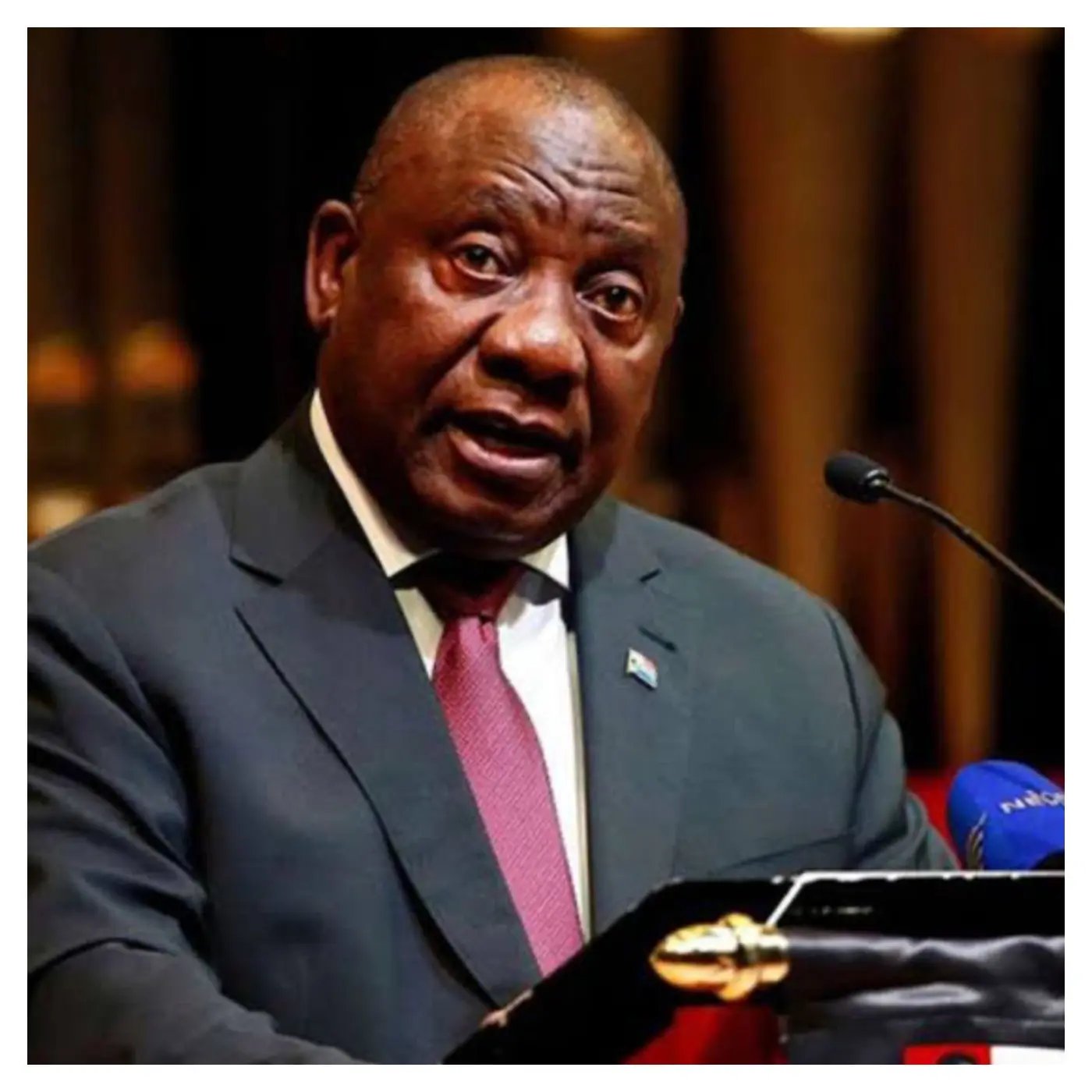Every year on May 1st, Nigeria joins over 80 countries around the world to celebrate Workers’ Day, also known as Labour Day or May Day. This important day is set aside to honour the contributions, sacrifices, and resilience of workers who keep nations and economies running. The day traces its origins to the 1886 labour protests in Chicago, USA, advocating for an eight-hour workday. Though the protests led to conflict, they birthed a global call for better working conditions. By 1890, socialist parties and labour unions in Europe officially declared May 1st as a day of international worker solidarity. Since then, it has evolved into a globally recognised celebration of the workforce. ALSO READ: BEWARE: Are there religious cults in Nigeria targeting successful people? How Workers’ Day Began in Nigeria In 1980, the People’s Redemption Party (PRP) of Kano State first recognised May 1st as a public holiday in Nigeria. Just a year later, in 1981, it became an official national holiday across the country. Today, Workers’ Day in Nigeria is marked with rallies, speeches, and peaceful processions in all states, led by the Nigeria Labour Congress (NLC). 44 Years After, Are Nigerian Workers Happy? This year’s Workers’ Day theme, “Reclaiming the Civic Space Amid Economic Hardship,” captures the growing frustration and resilience of Nigerian workers. Despite their tireless efforts, many struggle with meagre salaries, unpaid wages, and worsening inflation. The minimum wage, though legislated at the federal level, remains unimplemented in some states. This economic imbalance leaves many Nigerian workers juggling multiple jobs just to make ends meet. The recent removal of fuel subsidies, skyrocketing transportation costs, and the general rise in the cost of living have only deepened the financial strain. ALSO READ: Best times for annual leave as a 9-5 worker in Nigeria Rather than celebration, this year’s May Day is marked by disappointment. From the failure to implement a livable minimum wage to the increasing cost of living, Nigerian workers are demanding more than recognition, they are demanding change. The Nigeria Labour Congress (NLC) has also condemned the failure of several state governments to fully implement the new minimum wage and consequential salary adjustments. NLC President, Mr. Joe Ajaero, raised the concern on Tuesday in Abuja at the 6th National Gender Conference organised by the NLC National Women Commission. Ajaero said the realities on the ground showed that workers were earning less despite the introduction of the new minimum wage due to deductions from taxes and inflation. If you want to be a serious worker and go to work for 24 days or 20 days a month, the N70,000 will disappear; that’s a fact today. School fees seem to be rising, transportation is worse, inflation is going high. These are issues that confront us as workers. Labour leaders continue to urge the government to prioritise workers’ welfare by implementing the new minimum wage and addressing economic challenges because a motivated workforce is essential for national development, and improved wages and working conditions are crucial for productivity. As Nigeria joins the global community in celebrating Workers’ Day, it is imperative for all stakeholders—government, private sector, and labour unions—to collaborate in addressing the pressing issues facing Nigerian workers. Ensuring fair wages, job security, and better working conditions will not only uplift workers but also contribute to the nation’s overall progress. ALSO READ: 5 productivity hacks every remote worker should know
Discover more from viewnowafrica.com.ng
Subscribe to get the latest posts sent to your email.



